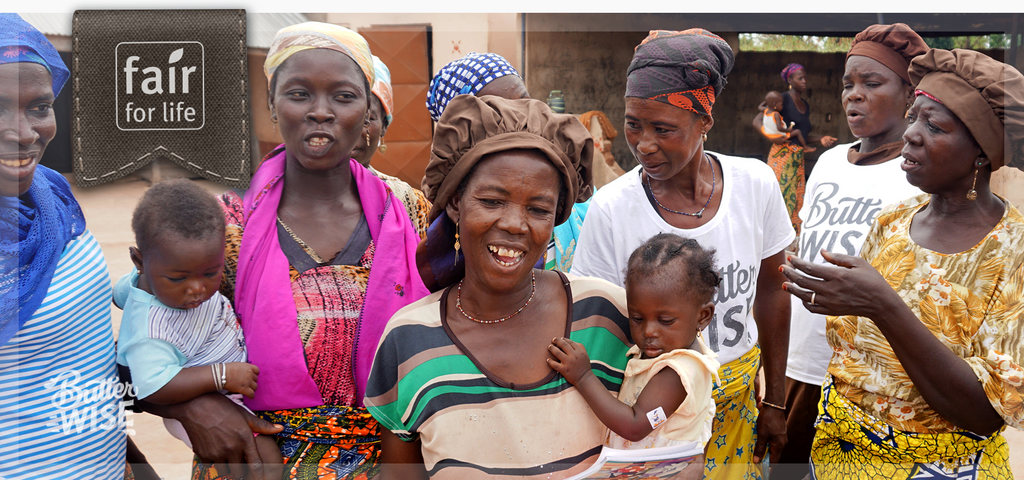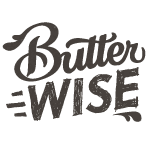Kokosolie, extra virgin & biologisch gecertificeerd
€9,95 – €145,00
- Biologische kokosolie, gecertificeerd door Skal
- 100% pure kokosolie
- Handgemaakt in Ghana, op traditionele manier
- Lokaal kleinschalig geproduceerd, programma voor ondersteuning vrouwen
- Kokosgeur met nootachtige tonen
- Onderdeel van het programma voor bescherming van het regenwoud (zie hieronder)
Staat jouw land niet in het landenoverzicht tijdens het afrekenen? Neem dan contact met ons op voor een prijsopgave van de vezendkosten.
Gratis verzenden binnen Nederland bij bestellingen boven € 50,-
Voor bestellingen onder € 50,- zijn de verzendkosten € 4,95
Bestellingen worden binnen 1 of 2 werkdagen door ons verstuurd. Het hangt van het verzendadres af wanneer de bestelling wordt afgeleverd.
Neem even contact met ons op als je haast hebt. Dan kunnen we kijken of de bestelling sneller geleverd kan worden.
Our fair trade and organic virgin coconut oil is shipped straight from Ghana. The production of this community based coconut oil is focused on empowering women and protecting biodiversity.
The production is part of a project that aims to curb deforestation and to durably manage natural resources, by and for the most vulnerable communities.
Fair and organic coconut oil
We ensure socially and environmentally responsible business, we make sure value addition at the source is maximized, and we ensure that the quality and traceability of the coconut oil are supervised. This organized production of the coconut oil aims to empower the women, farmers, and communities involved in the collection of coconuts and the production of the oil. By aligning with the organic and Fair For Life principles and procedures the communities receive a higher income. This eliminates the need to extract from the forest to supplement poor income and contributes to the conservation efforts to help endangered primates.

100% organic unrefined virgin coconut oil
Processors use the wet method, where the oil is extracted from fresh coconut meat without drying first.
The ‘coconut milk’ is mashed with water and then the coconut oil is separated from the water by fermentation in the sun. So there is no cooking or boiling in the process.
The coconuts are processed straight from the fields, everything is hand-crafted. This method results in a 100% natural, organic, extra virgin coconut oil which can be used for many cosmetic and food applications.
The melting point is around 30˚C.
Because this coconut oil is unrefined it has the characteristic fragrance.
Partnering up
TTo halt biodiversity loss The Savannah Fruits Company, together with a group of partners, has developed a coconut chain on the outskirts of the Kwabre-Tanoe forest by setting up processing centers and supporting small-scale farmers towards the protection of the forest.
The stakeholders in the project producing our coconut oil are:
- West African Primate Conservation Action (WAPCA) - Aims to conserve endangered primate species in West Africa
- Noé - Non-profit organization to safeguard biodiversity
- Community Resource Management Areas (CREMA) - making communities responsible for the management of natural resources
- The Savannah Fruits Company (SFC) - The preferred supplier of Butterwise in Ghana.
To protect the Kwabre-Tanoe forest
The community based organic coconut oil production in Ghana is focused on protecting The Kwabre-Tanoe forest (14,500 ha) which extends on both sides of the Tanoe River, in south-western Ghana and southeastern Ivory Coast. The forest is home to an exceptional biodiversity; it is the last habitat of the Roloway monkey (Cercopithecus roloway), one of the 25 most endangered primates of the world, as well as the White-Naped Mangabey (Cercocebus lunulatus), and Miss Waldron’s Red Colobus (Piliocolobus waldronae) which may already be extinct in the wild.
Because this coconut oil is a Fair For Life product, the community in Ghana receives a higher margin and income. This eliminates mining, poaching, cutting down trees, and extracting wood from the forest to supplement poor income. Saving these trees and nature will contribute to the conservation of the forest and helps the endangered primates that need the forest to live in and eat from.






